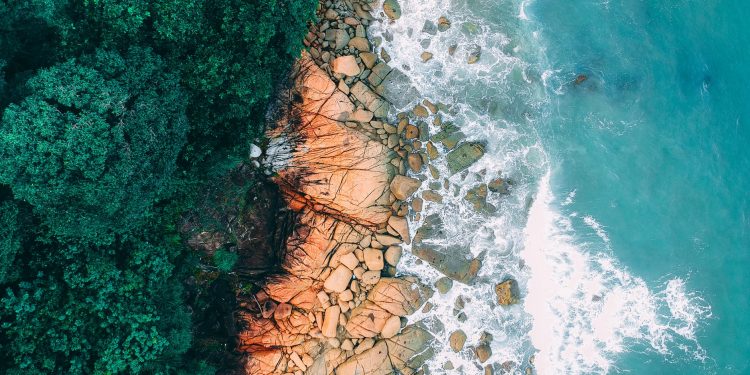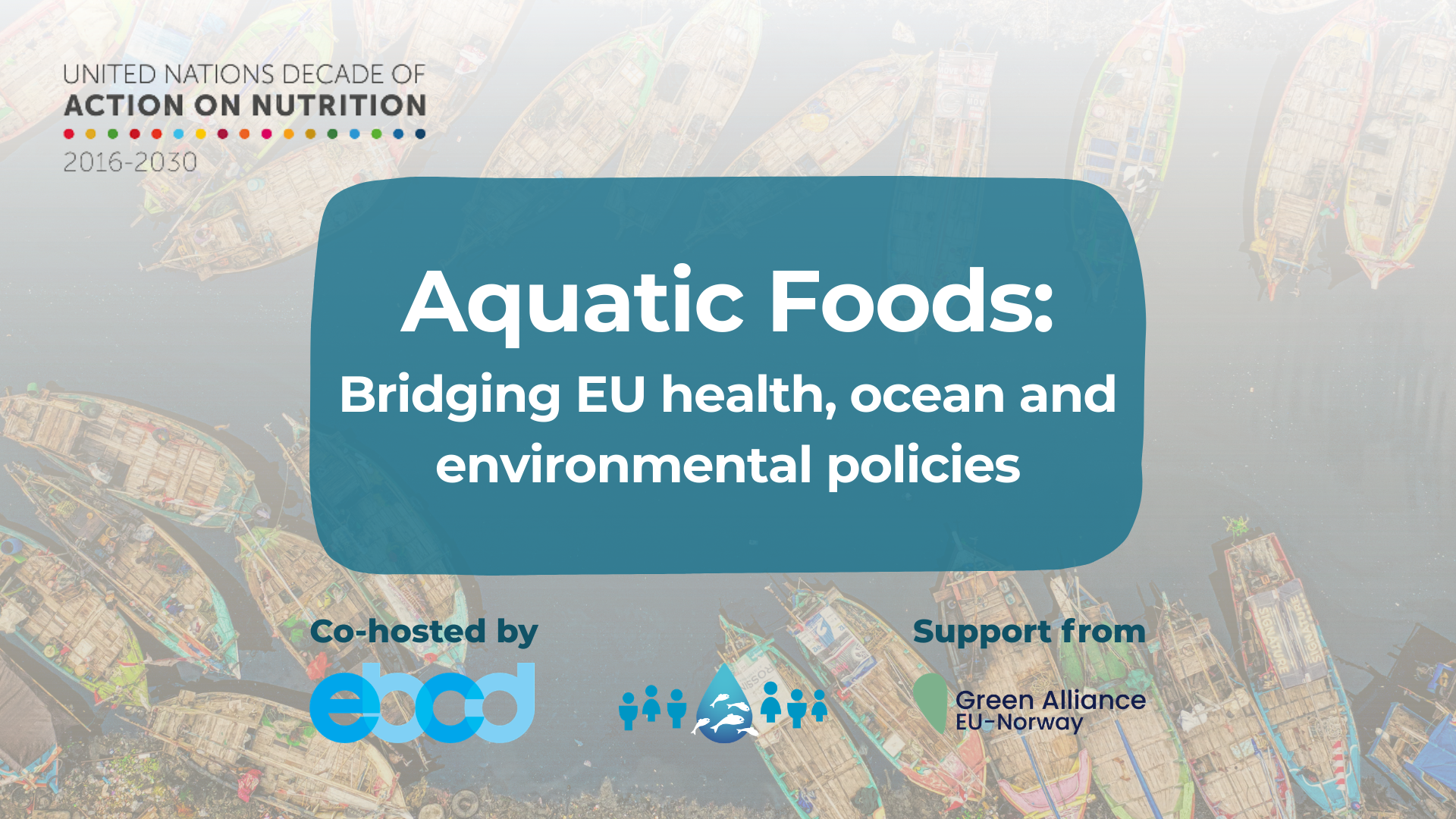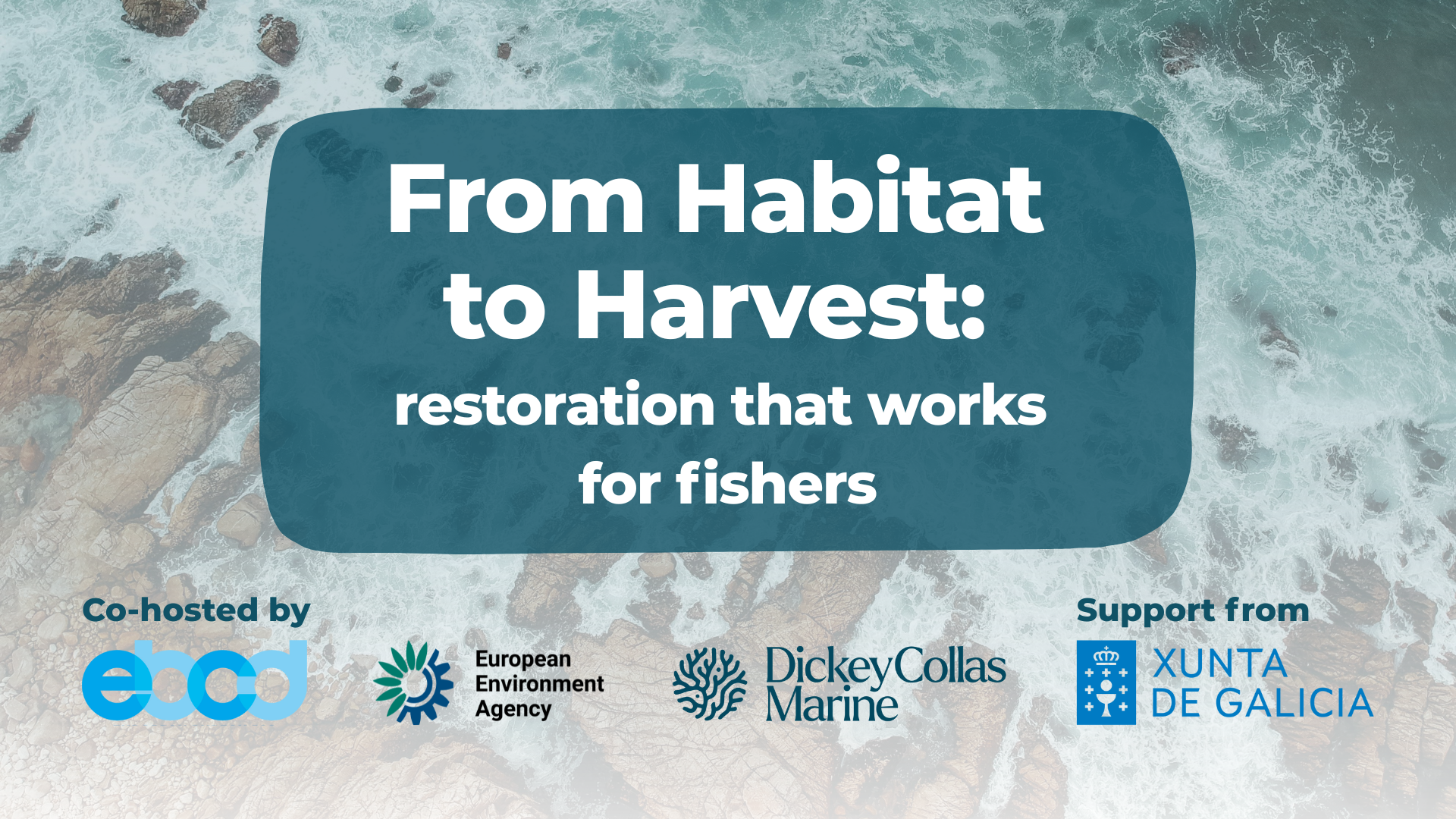The Ocean is a carbon sink: of the three places where carbon is stored—atmosphere, oceans, and land biosphere—approximately 93 percent of the CO2 is found in the oceans. Since 2009, it has absorbed 22% of CO2, and absorbed 90% of excess heat since pre-industrial years. It is fair to say that up until now, the ocean has been “taking up the heat”, and contributing to slowing down the pace at which climate change is occurring.
Thus, the marine ecosystem is changing and so is life in the oceans. The fisheries sector differs from others because it has distinct interactions and needs with respect to climate change: they are dependent on global ecosystem processes. This will require changes in fishing practices and aquaculture operations.
Effective adaptation will be required across all scale of fisheries and aquaculture in order to strengthen and maintain productive and resilient aquatic ecosystem.
Find more information in the report here.




